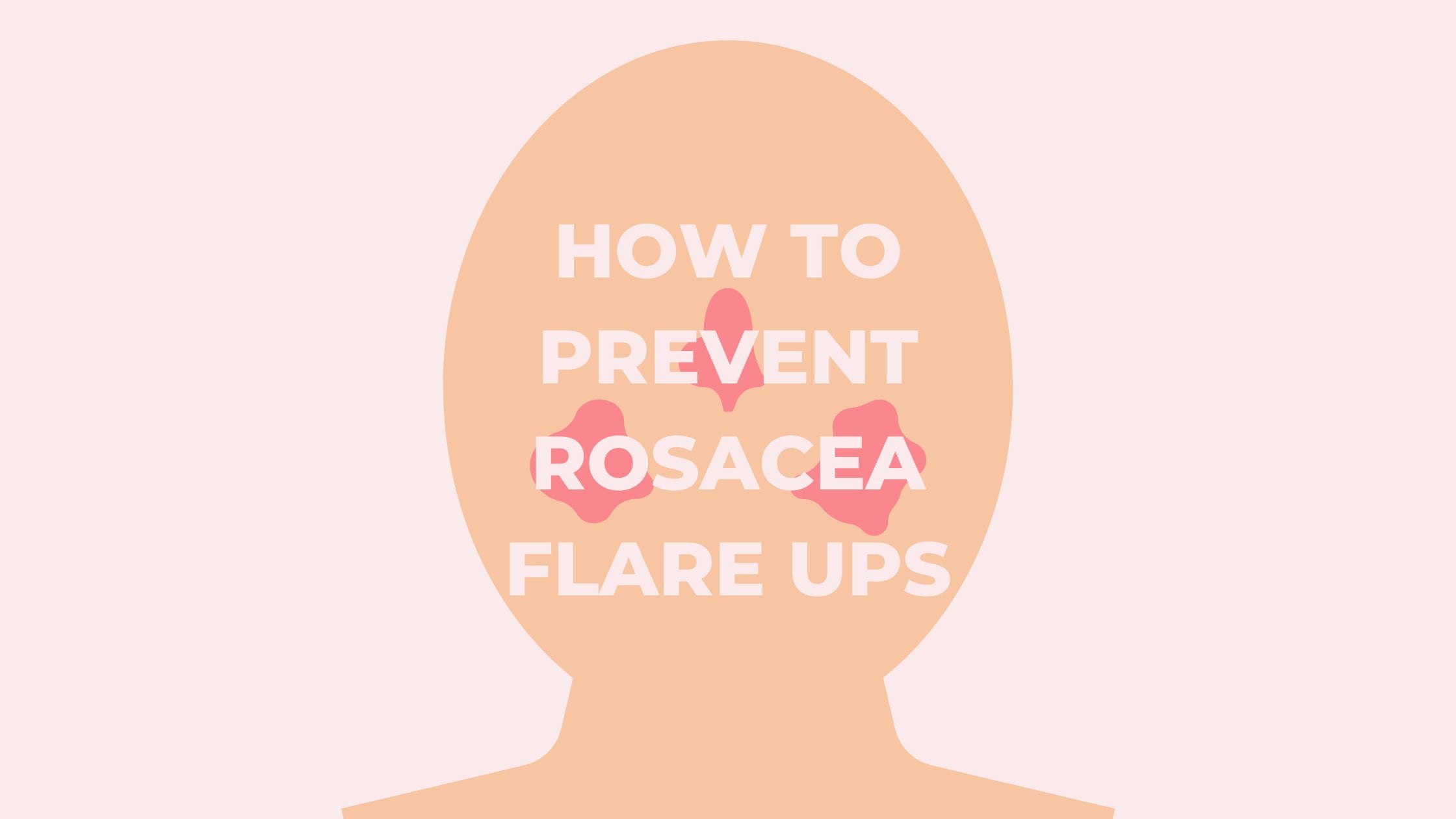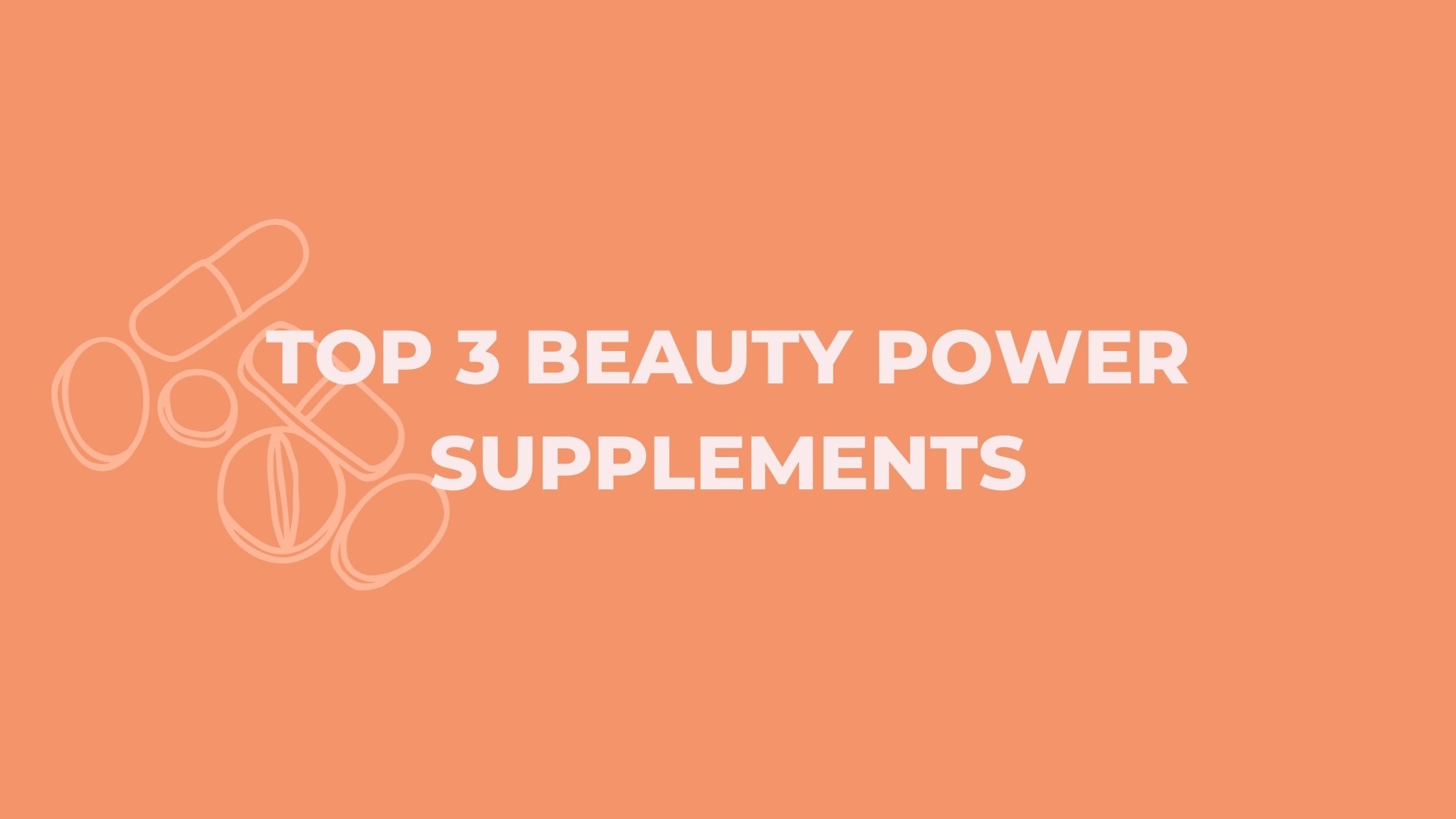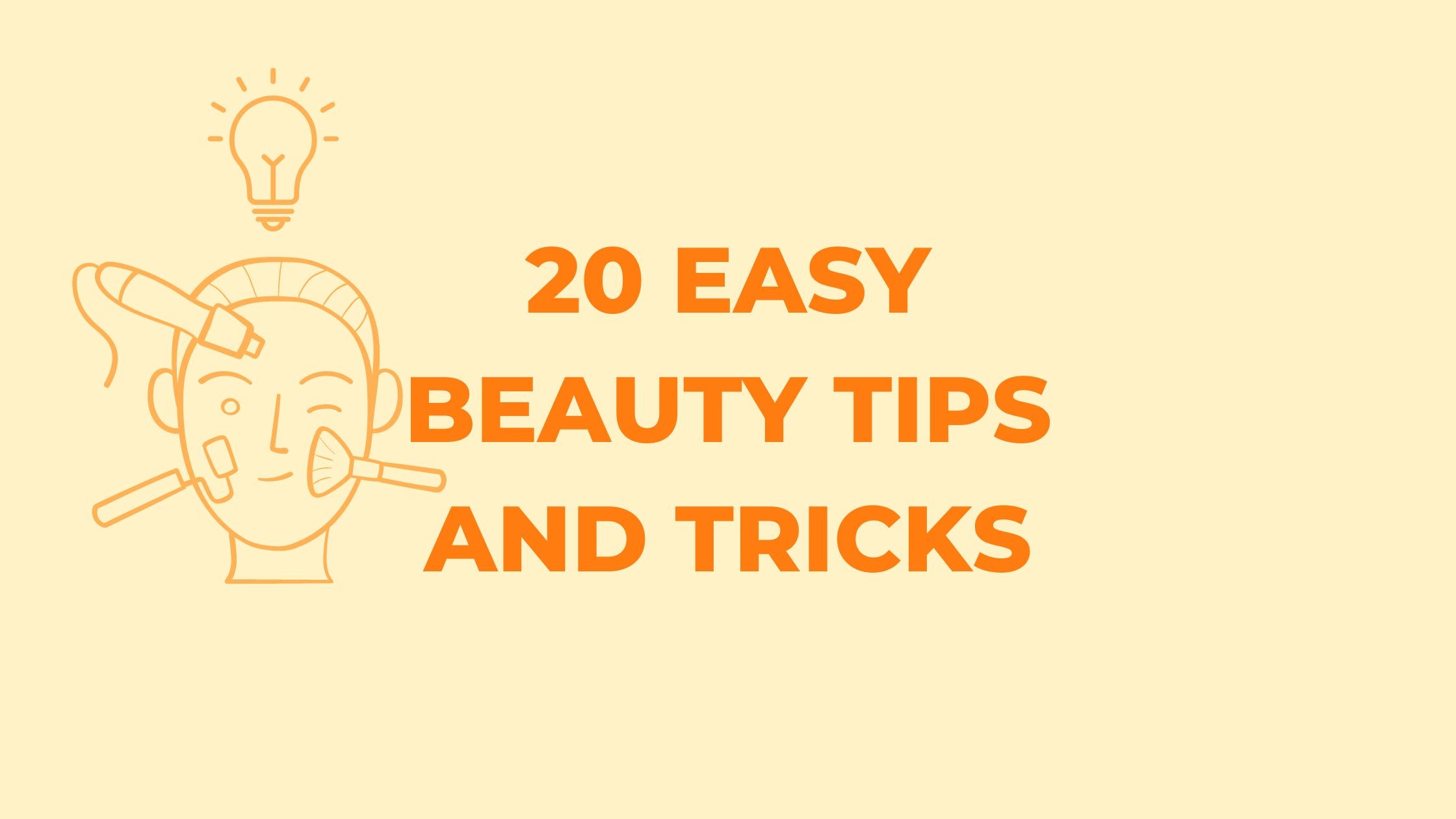
How to Stop Rosacea Flare Ups
Rosacea is a skin condition that has no cure, is common and has periods of ups and downs, called flare ups. The most common characteristic of rosacea is redness in your face that may also produce small, red, pus-filled bumps that resemble acne.
Common Traits of Rosacea
This skin condition mostly affects middle-aged women with fair skin. There are certain facts that are common with rosacea:
- Symptom may start with just redness in the face or easy facial flushing.
- The area of the face most often affected is the nose and cheeks (central or "blush" areas of your face).
- The eyes may become dry, irritated and burn. About half of the people with rosacea may report of it affecting their eyes.
- Your face may feel hot and easily become tender and irritated.
- What causes rosacea is not clear, however, studies show heredity and environmental factors may play a part.
- Rosacea is not contagious and cannot be spread by contact or sharing clothes or towels.
- Although rosacea is not acne, it can be present with acne. With rosacea, typically blackheads or whiteheads are not present. With adults who have rosacea, they don't outgrow it, as do teens with acne.
- Rosacea tends to gradually get worse with age.
Triggers for Rosacea Flare Ups
With increased blood flow to the skin's surface through small blood vessels, flare ups can become visible. As the blood vessels in the face enlarge (dilate) permanently, they will appear like tiny red lines.
Triggers that cause flare ups include:
- Spicy foods
- Possible foods: dairy, citrus fruits, soy sauce, yeast extract
- Stress or emotional upsets
- Embarrassment
- Sunlight
- Hot water as in shower, bath or sauna
- Blood pressure medications that are meant to dilate blood vessels
- Activity that is strenuous
- Alcohol
- Extremes of temperature
- Smoking
- Witch hazel
- Mint, menthol, peppermint
- Eucalyptus oil
- Clove oil
- Fragrance
- Salicylic acid
Rosacea Treatment Options
The choices for medical treatment include:
- Antibacterial cleansers
- Topical creams
- Antibiotics that also fight inflammation
- Laser therapy
- Acne drugs
- Surgery to reduce blood vessels visibility or remove thickened tissue around nose
How to Stop and Manage Rosacea Flare Ups
Since we know what triggers flare ups, the most important things you can do is to manage exposure to those factors. Prevention is the key to managing and stopping rosacea flare ups.
- Use safe, non-irritating and gentle skin care products, such as Cleure skincare for sensitive skin.
- Protect your face in extremes of temperature, such as using broad-spectrum sunscreen and covering during winter with scarf or ski mask.
- Stay away from skin care products with harsh ingredients such as sodium lauryl sulfate (SLS) or alcohol.
- Use makeup for sensitive skin that are free of plants or fragrance, which can be irritating. Try Cleure mineral makeup which has an SPF built in.
- Avoid acne products or skin care that include salicylic acid.
- Also stay away from skin care with retinol or alpha hydroxyl acids (AHA).



Leave a comment
This site is protected by hCaptcha and the hCaptcha Privacy Policy and Terms of Service apply.